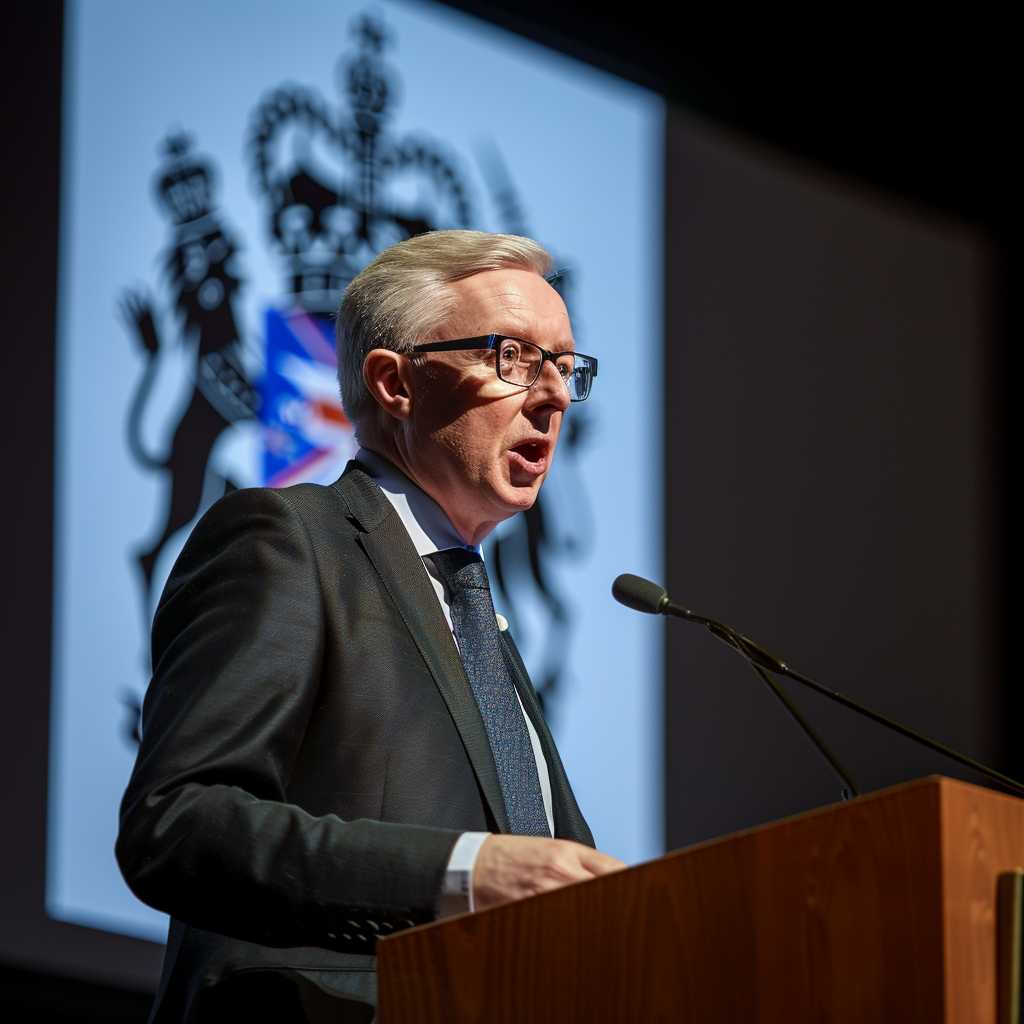### Overview: The Political Career of Michael Gove
MichaelAndrew Gove is a prominent British Conservative politician, writer, and journalist who has had a significant impact on the political landscape of the United Kingdom. The complexities and highlights of his career within British politics offer valuable insights into the workings of government and the Conservative Party’s internal dynamics.
Early Years and Entry into Politics
Michael Gove was born on August 26, 1967 in Edinburgh, Scotland, and was initially raised by his biological mother. However, he was soon adopted by a middle-class family in Aberdeen. He received a scholarship to the independent Robert Gordon’s College before winning a place at Lady Margaret Hall at Oxford University where he studied English. At Oxford, Gove developed his oratory and debating skills as well as a deep interest in politics.
Upon graduating, Gove began a career in journalism. He wrote for The Times newspaper, among others, where he expressed strong opinions on political matters, education reform, and other social issues. His journalistic career garnered him recognition as an intellectual voice on conservative matters.
Michael Gove entered frontline politics when he was elected Member of Parliament (MP) for Surrey Heath in 2005. Known for his debating skills and articulate exposition of policies, Gove rose through the Conservative Party ranks quickly.
Tenure as Education Secretary
When the Conservatives entered government in 2010 under the leadership of Prime Minister David Cameron, Michael Gove was appointed Secretary of State for Education. This role situated him at the centre of several controversial reforms aimed at revamping the British educational system.
His tenure at the Department for Education saw the introduction of free schools – state-funded but independently run institutions – and revisions to the national curriculum intended to increase education standards. These changes were met with both praise for addressing underperforming schools and criticism for being out of touch with teachers’ needs and insufficient oversight.
Gove’s ideas were bold and his style combative which often brought him into conflict with educational professionals and unions. Despite facing resistance, his advocacy for education as a social equalizer remained steadfast.
Brexit and Leadership Bid
Gove played a leading role in the 2016 campaign for the UK to leave the European Union (EU). As a prominent member of the “Vote Leave” campaign he proved instrumental in securing the referendum result in favor of Brexit.
Following Prime Minister Cameron’s resignation after the Brexit vote, Gove launched an unexpected bid for leadership of the Conservative Party which was seen as a betrayal so some colleagues because it undermined fellow Brexit campaigner Boris Johnson’s position. Although Gove’s campaign for leadership was unsuccessful, it set the stage for ongoing influence in Conservative politics.
Roles Under Subsequent Governments
Under Prime Minister Theresa May, Gove returned to government as Secretary of State for Environment, Food and Rural Affairs where his role took on significant importance in light of Brexit-related changes to agricultural and environmental policies.
Following May’s resignation and Boris Johnson’s appointment as Prime Minister, Gove received several key responsibilities including Chancellor of the Duchy of Lancaster. He was also entrusted with ensuring preparations for potential no-deal Brexit scenarios were in place, reflecting the high degree of trust placed in him by Johnson despite their previous rivalry.
Throughout changes in cabinet dynamics, Gove has maintained his reputation as an impactful minister able to handle complex political situations with detailed policy understandings.
Notable Public Appearances and Contributions
Michael Gove has been a familiar face in British media, appearing on flagship political programmes such as BBC’s “Question Time”. He has been recognized for his appearances during pivotal moments such as Brexit negotiations where his argumentative rigor is both seen as beneficial and at times polarizing.

